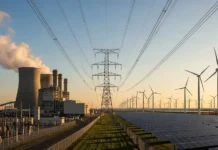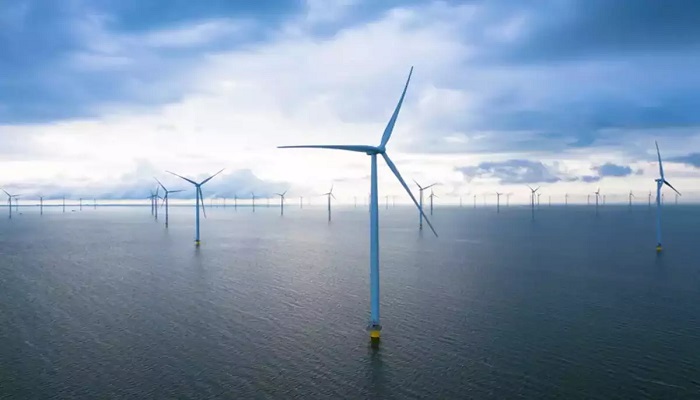In a recent development, Britain intends to play an active role in the creation of offshore wind power in Japan through options ranging from insurance and finance to the participation of its own energy companies.
Apparently, the group of seven rich countries has agreed to fast-track renewable energy development after their 2-day meeting concluded in the northern Japanese city of Sapporo, where they pledged to jointly increase offshore wind capacity by 150 GW by the end of this decade and solar capacity to beyond 1 terawatt.
It is well to note that the UK happens to be one of the largest offshore wind markets globally, with over 10 GW of capacity that’s already installed. It intends to boost its capacity to almost 50 GW by 2030, with energy giants like Shell and BP consistently expanding the area.
Grant Shapps, the UK’s energy security secretary, said that the British input in Japan is not only going to be the physical side of both the energy companies but also the finance mechanism that is involved in addition to insurance as well as a technical know-how consultancy.
Shapps had also spent a couple of days talking about the probable Japanese government and industry cooperation, just before the G7 energy and climate summit held in Sapporo. Notably, Japan has already launched a second major round of public auctions when it comes to the selection of operators for four new areas that would be capable of generating 1.8 GW of offshore wind capacity.
The island nation also looks to install almost 10 GW of offshore wind power by 2030 and almost 45 GW by 2040.
Although Shapps did not clearly mention the auctions involving offshore wind power, he said there happened to be wide areas of cooperation when it comes to both countries in terms of offshore wind development.
The secretary also noted that the objectives on offshore wind and solar that were set by the G7 group were for the entire group and not just for a few. He said that the targets are not broken down to individual nations, and he thinks some countries may as well overachieve on the total comparative input, partly due to the geography or places that happen to be windier.










































